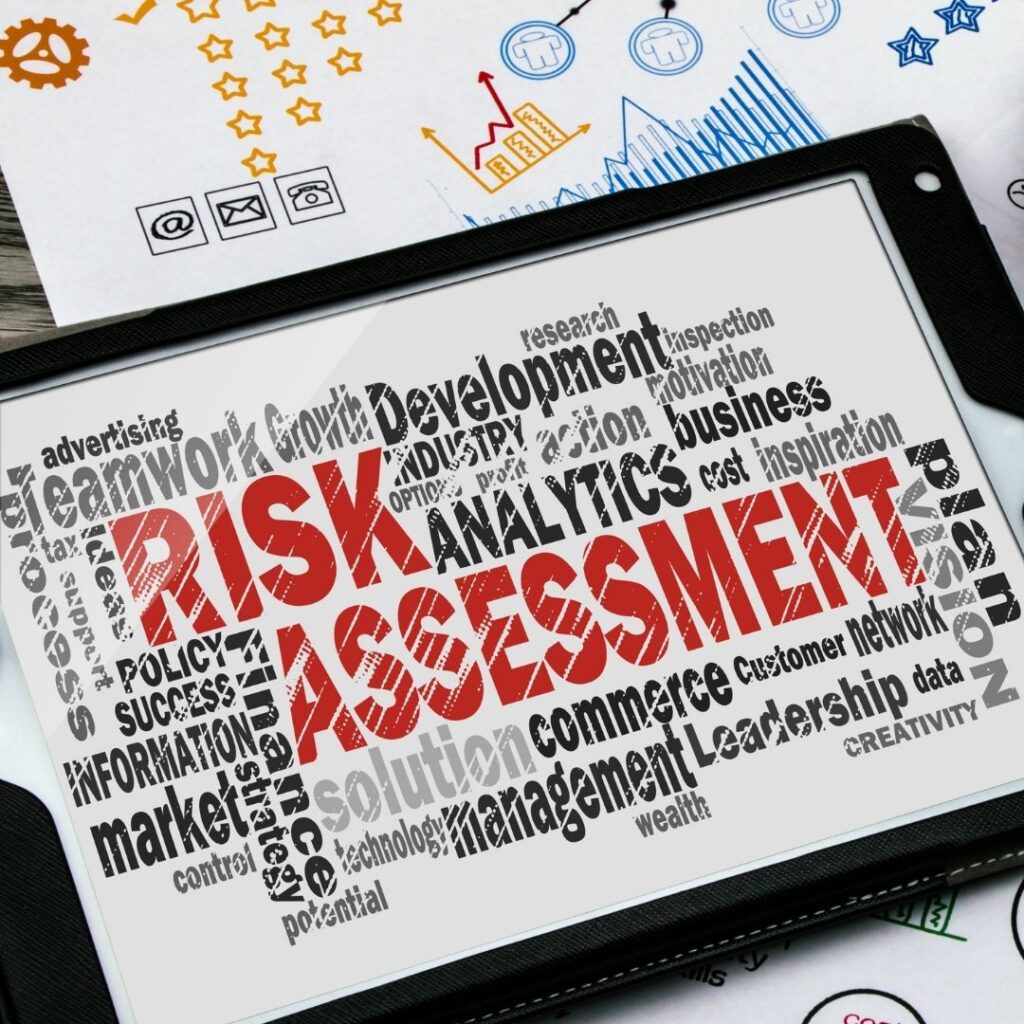Q & A: Straight Answers to Hard Asked Questions
Question from Christine L., Toronto High-Rise Tenant
Q: I checked out the apartment building I am living at and found some postings about bed bugs. What are my rights after a bed bug outbreak causing all package deliveries to be held so we couldn’t access our deliveries? What are my long term rights as well, regarding my building with bed bugs and my rent? Do I have any rights?
A: : This is a great question but not something that anyone actually thinks about until it happens.
In a Toronto CityNews article posted on August 1, 2017, reports claim that Toronto ranks number one for bed bugs in the country.

Some bed bug registries have become online open- source chat room style venting posts allowing unverified discussions about properties. Beg bugs spread quickly into residential communities and are very hard to mitigate once they spread.
The use of professional pest control companies is highly recommended for both the prevention and mitigation of bed bugs.
The stigmatization of a bed bug outbreak in a community can have long-lasting and negative impacts to a community and yes, this can include market value. As a resident of such properties you do have rights.
A bed Bug Mitigation Strategy should be created and communicated to all residents in multi-unit and high-rise properties as a proactive measure against bed bugs spreading into a community and also, to prevent any negative commentary on such websites. A search of a registry such as www.bedbugregisrty.com will reveal whether there are reports of beg bugs in your community. Property management firms and building owners must mitigate any beg bug infestation immediately to prevent further transmission. This may include limiting access to parcels depending on circumstances and depending on the direction of the local health representatives.
Building owners and condominium Boards should not do this alone.
All local jurisdictions in Ontario have a Public Health Unit that should be called when an outbreak occurs. Often these agencies will assist by properly identifying samples of the infestation. According to the City of Toronto, “Bed bugs and bed bug infestations are not considered a health hazard. However, secondary health concerns include skin infections and allergic reactions from insect bites, as well as the stress and anxiety of dealing with extreme infestations.
Question from Dave C., Condo Board Member, Richmond Hill
Q: I have only been on my board for a few months and I am starting to get worried about some of the things that we talk about in our meetings. For example, our property manager suggested that we get a risk assessment done. My question is, if the risk assessment brings to light issues that recommend the board to act on, are we forced to? What is our risk if we ignore some recommendations?
A: This is another great question that often comes up during our meetings with board members when Riskboss conducts risk assessments.
The Condominium Act had changes back in 2015 that changed the culture of how condominiums operate in Ontario.

Among other things, the Act changed how board members should act, particularly the manner in which board members are educated to gain expertise and knowledge in the operation of the affairs of their communities. Part of being a governor of your corporation means that you should obtain expert information from reliable and accredited sources before making decisions that may bind the corporation.
Reliable sources like a condominium lawyer, the Canadian Condominium Institute (CCI), the Association of Condominium Managers of Ontario (ACMO) and your licensed property manager are excellent sources.
Both your actions and omissions as a board member can equally be reviewed and analyzed sometimes long after-the-fact as to how decisions and omissions were made on issues that are obvious and not so obvious. In short, even if you do not get a risk assessment, you may be liable for any risk issues that may impact your community. The term ‘willful blindness’ is often used in (quasi)judicial settings to identify those in positions of authority that knew, or ought to have known that something was wrong and chose to ignore it and avoid their responsibility. In this environment, it is better to have a comprehensive risk assessment conducted, and one that provides clear recommendations on remedying identified risks. In short, make the call, get expert advice always, mitigate risks, and you will never be criticized for doing the job right.
Contact Riskboss for complimentary notifications of upcoming Riskboss Alerts and keep informed about important issues facing communities and organizations.
Got a question? Write to us at [email protected]
